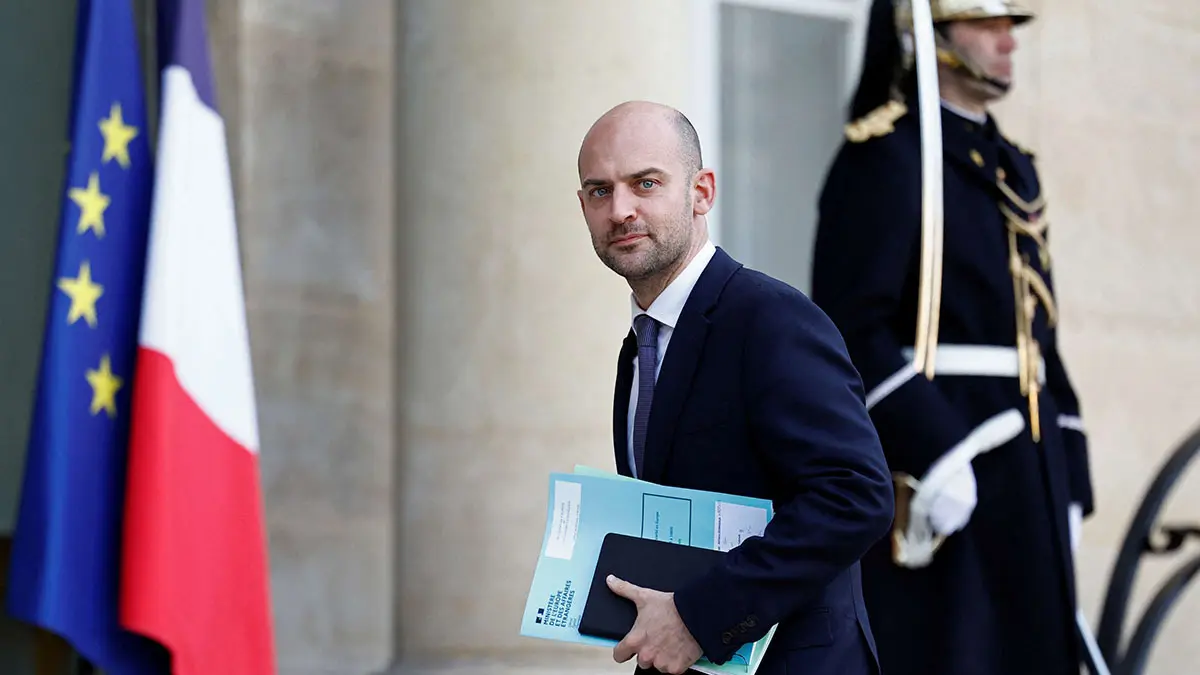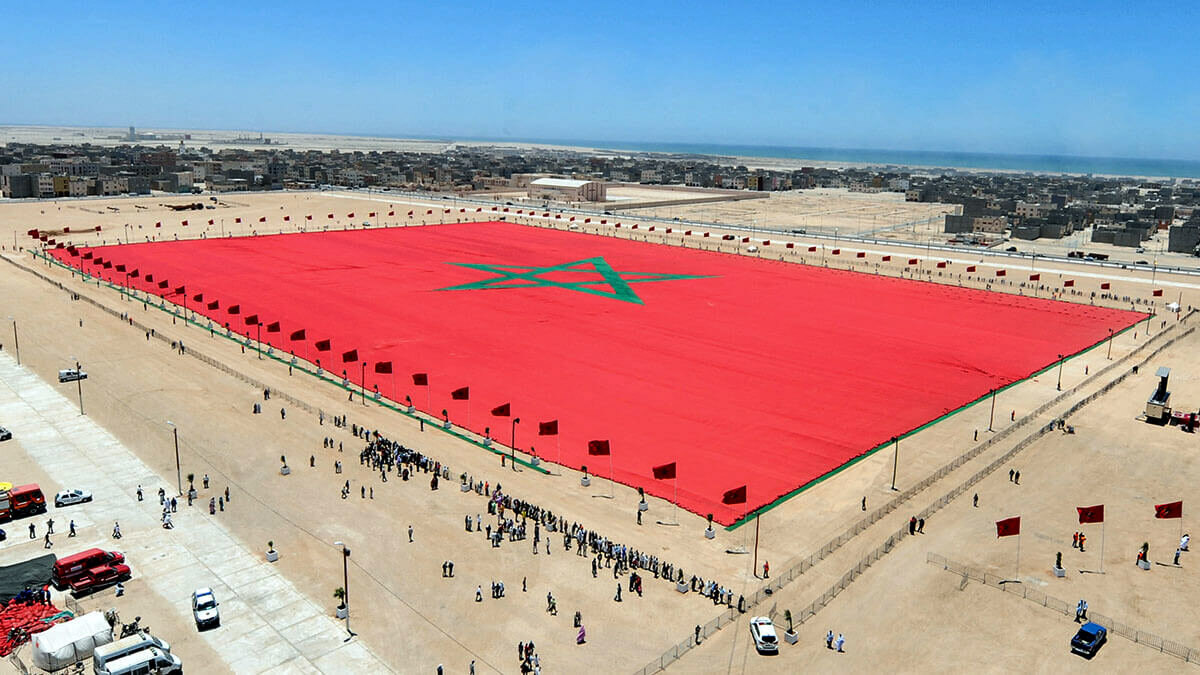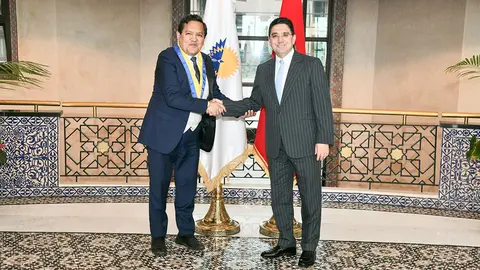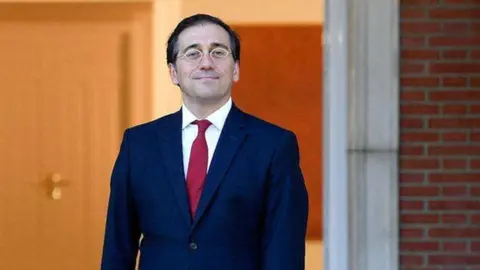France reaffirms its support for the Moroccan Autonomy Plan for Western Sahara following the rapprochement with Algeria

France has reaffirmed its support for Morocco's Autonomy Plan for Western Sahara despite the recent diplomatic rapprochement with Algeria, the Moroccan kingdom's great rival in the Maghreb.
‘Although we already spoke about it a few months ago, we are expressing our vision of the present and future of the Sahara, which is part of the framework of Moroccan sovereignty,’ declared Jean-Noël Barrot, French Foreign Minister, clearly eliminating any ambiguity regarding Paris's position, which is moving towards an announced reconciliation with Algeria, Morocco's great political enemy in North Africa, and which rejects the Moroccan identity of Western Sahara, supporting the thesis of a referendum on independence for the Saharawi population as advocated by the Polisario Front.
Morocco deeply values the Western Sahara issue because it has to do with its territorial integrity, as it considers this area to be an integral part of its southern provinces.

To resolve the Saharawi dispute, which has lasted for almost five decades since the end of the Spanish colonial period, Morocco is proposing a formula of broad autonomy for Western Sahara under Moroccan sovereignty, respecting the resolutions of the United Nations (UN). The aim of the North African country is to grant broad self-government to the Saharawi authorities and develop the territory to the maximum, leaving foreign and defence policy in the hands of the Moroccan state.
Morocco's Autonomy Plan for Western Sahara has widespread international support, including from nations such as the United States, France, the United Arab Emirates, Israel, Germany and Spain, which consider the proposal to be the most serious, credible and realistic way to resolve the dispute. The UN has been working on this problem for decades, promoting dialogue between the parties involved.
In response to this initiative, the Polisario Front is advocating the holding of an independence referendum, which has less support on the international stage, particularly from Algeria. A popular consultation that is difficult to materialise due to problems such as the creation of an electoral roll, as various analysts have pointed out.
In this scenario, France continues to reaffirm its support for Morocco's sovereignty over Western Sahara, as solemnly declared by the French president, Emmanuel Macron, who made a three-day official visit to Rabat, at the invitation of King Mohammed VI, after declaring his support for the Moroccan proposal for the Saharawi territory.

President Emmanuel Macron officially declared before the Moroccan Parliament that the future of Western Sahara lies within the sovereignty of Morocco. This French diplomatic move represented a major Franco-Moroccan rapprochement, after a few years of strained relations between the two countries. The North African nation has welcomed this support very positively and there is currently total harmony between the two sides.
International pressure is very favourable for Morocco, with more than 100 countries supporting its position on Western Sahara and a forthcoming report from the UN Security Council on the Saharawi issue is due to be published shortly.
Indeed, shortly after the report was released, the French Foreign Minister, Jean Noël Barrot, reaffirmed French support for the Moroccan autonomy plan. This statement comes shortly after the diplomatic rapprochement between Algeria and France, brought about by the talks between Emmanuel Macron and the Algerian leader Abdelmadjid Tebboune, and leaves no doubt about the European country's commitment to the Moroccan kingdom, despite the fact that there has been a greater rapprochement with the Algerian country.
‘Although we already talked about it a few months ago, we are expressing our vision of the present and future of the Sahara, which is part of Moroccan sovereignty,’ Barrot stated very explicitly, indicating that Morocco's Autonomy Plan for Western Sahara is not only valid, but remains the only serious and realistic way to solve the problem. ‘What we really said is that today there are no other realistic and credible solutions,’ he said.










